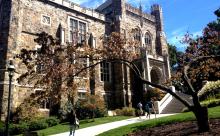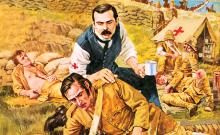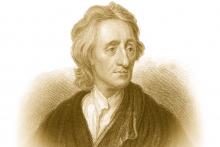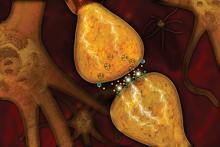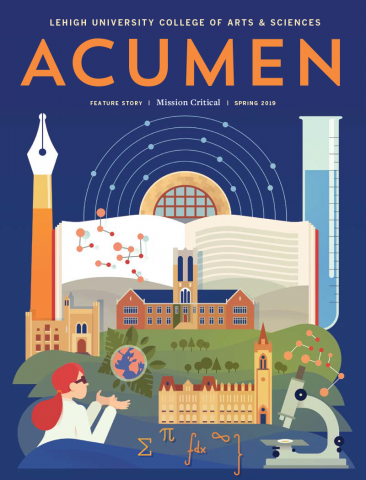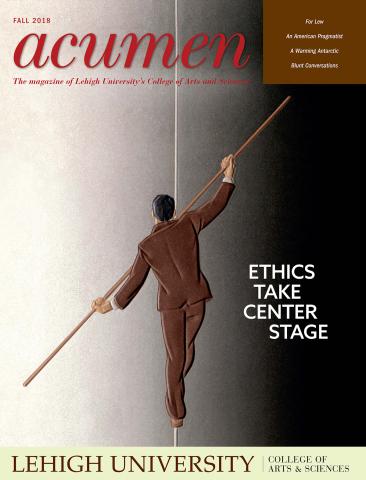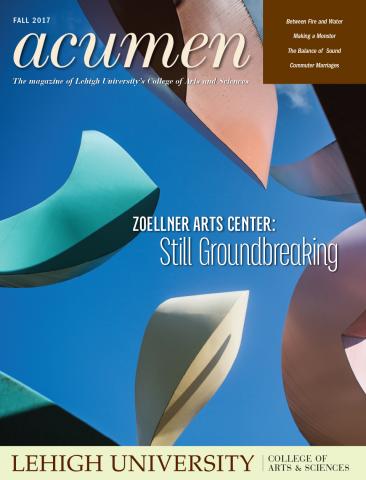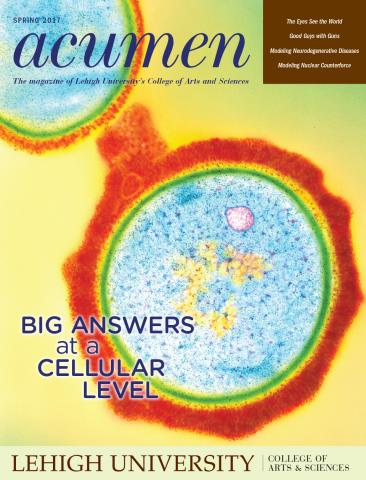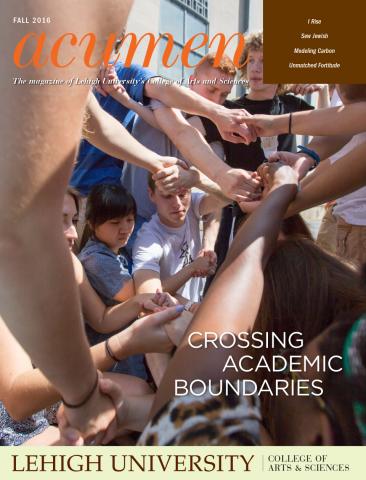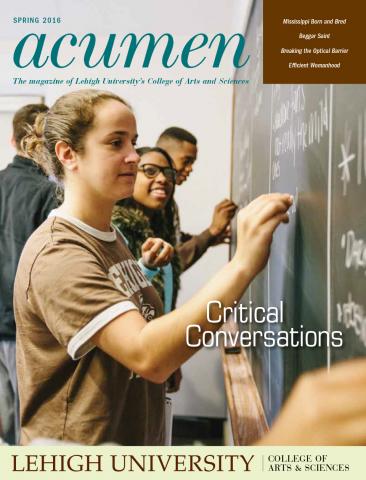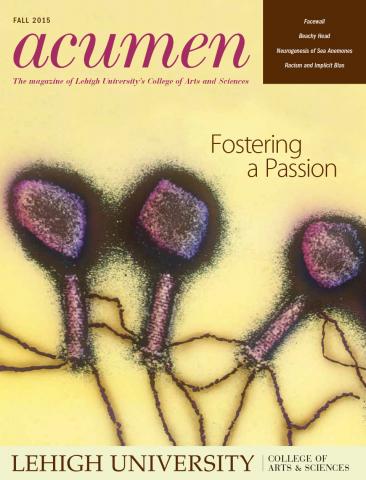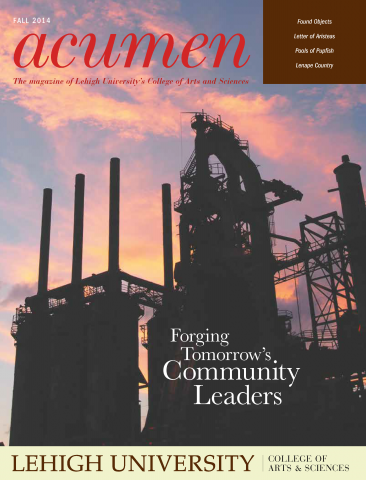
John Locke is known as a theorist of more traditional philosophical questions, such as how the mind works, how we acquire knowledge and what knowledge is. But Locke was educated as a physician, saw medicine as a central element of his life and was an active medical researcher, so his writings about science are being examined by Patrick Connolly.
For centuries leading up to the Enlightenment, philosophers believed that the object of science was to reveal and understand the true essence of the natural world. A change occurred in the 17th century as new discoveries led many philosophers to challenge this older approach and develop empirical science. Locke’s epistemology reflected this changing conception of scientific knowledge. He sought to define a philosophical account of knowledge more in line with the understanding of the world that science provided.
“Locke was the leading philosophical representative of empiricism,” says Connolly, assistant professor of philosophy. “He was the first to codify this new way of approaching the world. The thing I find cool about Locke is that at the time he’s writing, people don’t do just one thing. They have lots of interests. Isaac Newton and Locke were close personal friends. Locke is interested in science, and many of his nonpolitical writings have to do with how to make sense of the scientific revolution taking place and what it meant for our understanding of the world.”
Locke's philosophical interests divide generally into three parts: political, epistemological and scientific. On the scientific side, he was highly influenced by his friend, the Irish scientist Robert Boyle, whom he helped with his experiments. Locke developed views on bodies, forces and laws of nature, and these were important metaphysical categories in his thought. He believed they play an important role in promoting scientific explanation, says Connolly.
“There’s political and theological elements tied up in this science,” he says. “Even a document like Newton’s Principia was designed to reinforce certain views about God. If you read it, it looks like it’s all mathematical diagrams, but it’s a political and theological text. They read it as supporting religion. They’re trying to use the science to understand more about God. They’re trying to use the science to argue against what they see as atheism. They’re using science as evidence of God’s existence.”
Locke and Newton accept similar ontologies regarding thought and causality, but Locke emphasizes that, in all probability, the soul is immaterial. All knowledge, argues Locke, comes through the senses. There can be no innate ideas, no knowledge placed in us by God from birth.
“When you look at what these people did, what Locke and Newton did daily in their lives, you get a clearer sense that disciplinary boundaries didn’t matter to them,” Connolly says. “Locke is trying to understand the world scientifically. It’s a good way to track what he cared about. If you want to understand Locke, and understand where he was coming from and in his proper context, you have to take into account his scientific thought as well.”

